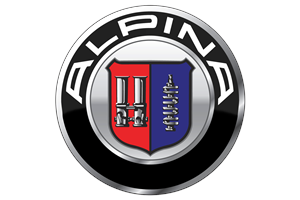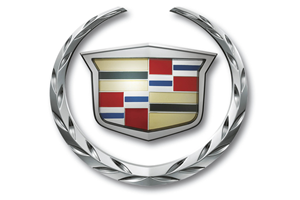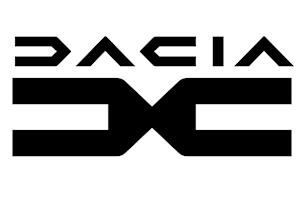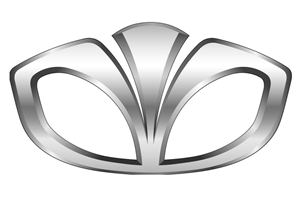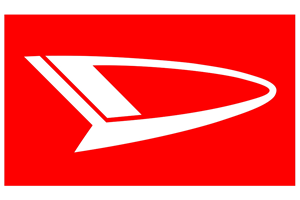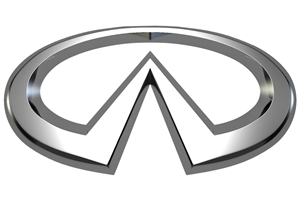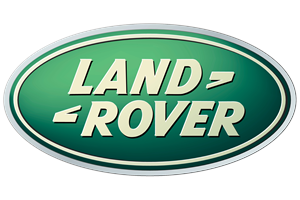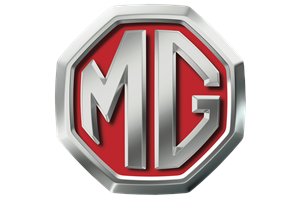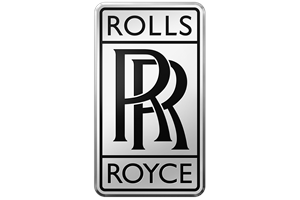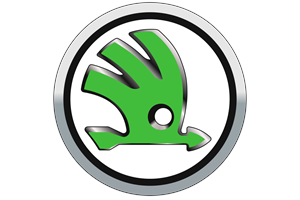Purchasing a used car can be a savvy financial decision, but it also comes with its own set of challenges and risks. One critical aspect that can often be overlooked is checking for any outstanding recall notices on the vehicle. Recalls are issued by to address safety issues that could potentially lead to accidents, injuries, or even fatalities. Hence, ignoring them could be perilous. In this article, we discuss why it's important to check for recall notices and how you can go about doing it.
Why Check for Recalls?
Manufacturers issue recalls when they discover defects or issues that may compromise the safety of a vehicle. These defects can range from faulty airbags and brakes to electrical system malfunctions. When you purchase a used car, it may have one or more such unresolved issues that the previous owner didn't address. Ensuring that any recall work has been completed not only safeguards you and your passengers but also adds to the longevity and reliability of the vehicle.
Steps to Check for Recall Notices
Checking for recall notices might seem like a daunting task, but it is fairly straightforward. Here are some simple steps you can follow:
- Obtain the Vehicle Identification Number (VIN): The VIN is a unique 17-character serial number that can usually be found on the driver’s side dashboard or inside the driver’s side door. It can also be found in the vehicle's registration and insurance documents.
- Enter the VIN: Enter your VIN number here to carry out a free recall check. The results will provide details on the specific issues and whether they have been resolved.
- Search by Make & Manufacturer: Select the Vehicle Type, Manufacturer, and model to carry out a vehicle recall check here.
- Contact the Manufacturer or Local Dealer: If you find any outstanding recalls, contact the vehicle manufacturer or your local dealer to get them resolved. Most recall work is done free of charge.
Additional Tips
- Ask for Maintenance Records: Request maintenance and repair records from the seller, which may indicate if recall work has already been done.
- Use Our Services: There are several services available online that compile vehicle history reports, including recall information. Though there will be a small fee if you want the complete history, it can be well worth the peace of mind.
- Stay Updated: Sign up for email alerts from the manufacturer to receive notifications of any future recalls.
Conclusion
Ensuring that a used car is free from any unresolved recall notices is a key step in the car-buying process. It's a simple yet essential practice that can help you avoid potential safety hazards and costly repairs down the road. By taking the time to check, you'll contribute to a safer driving experience for yourself and others on the road.

